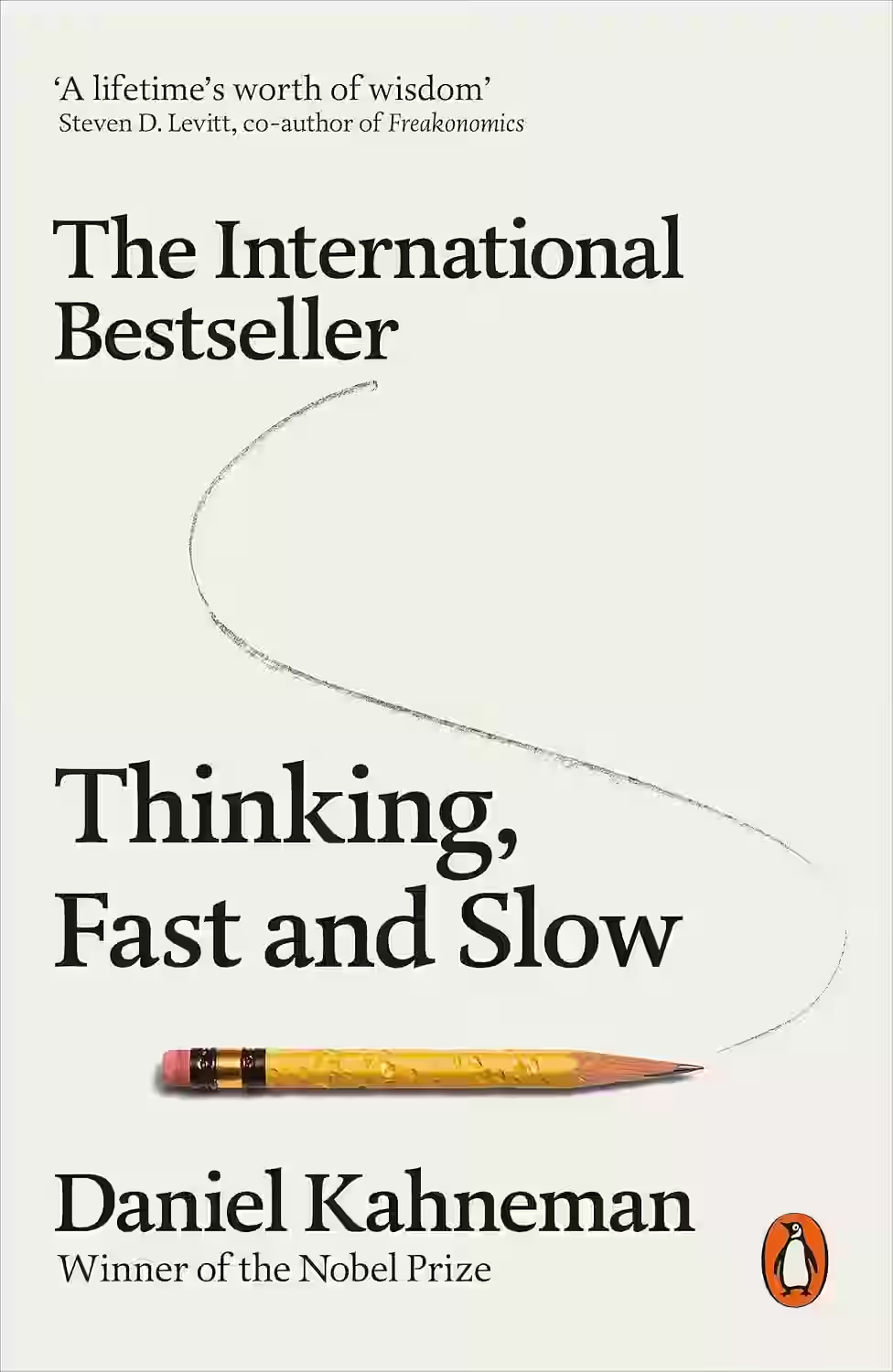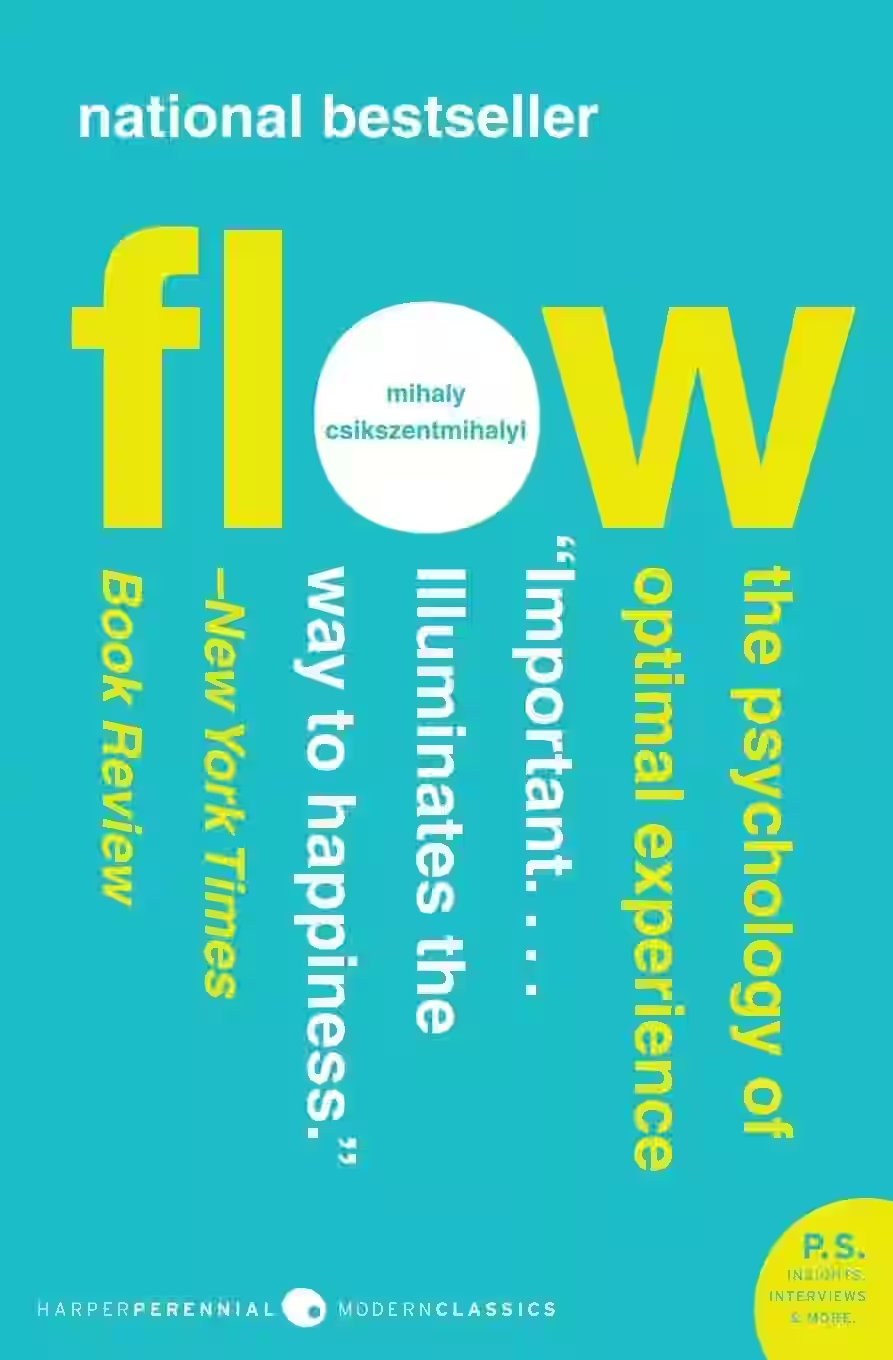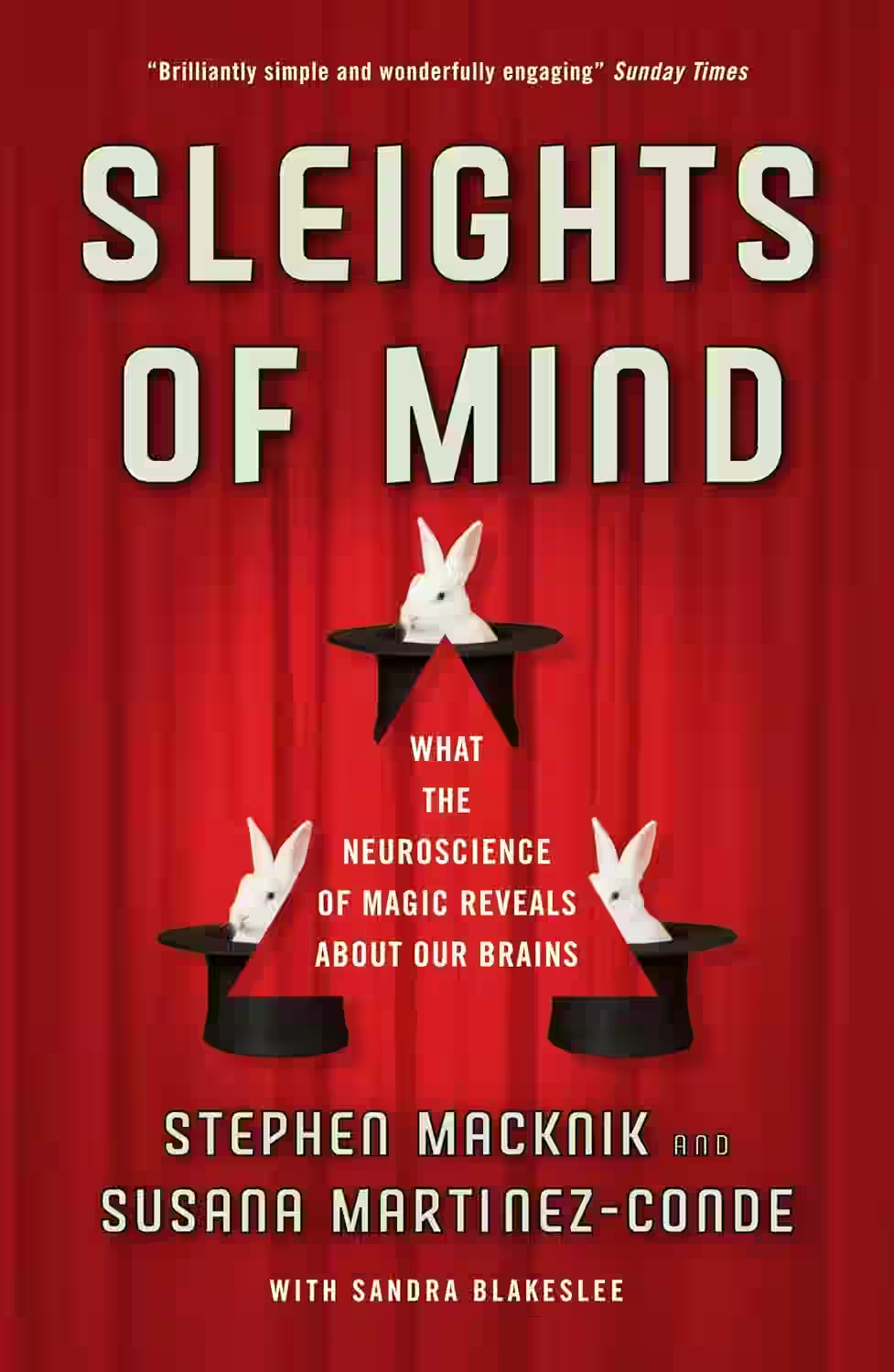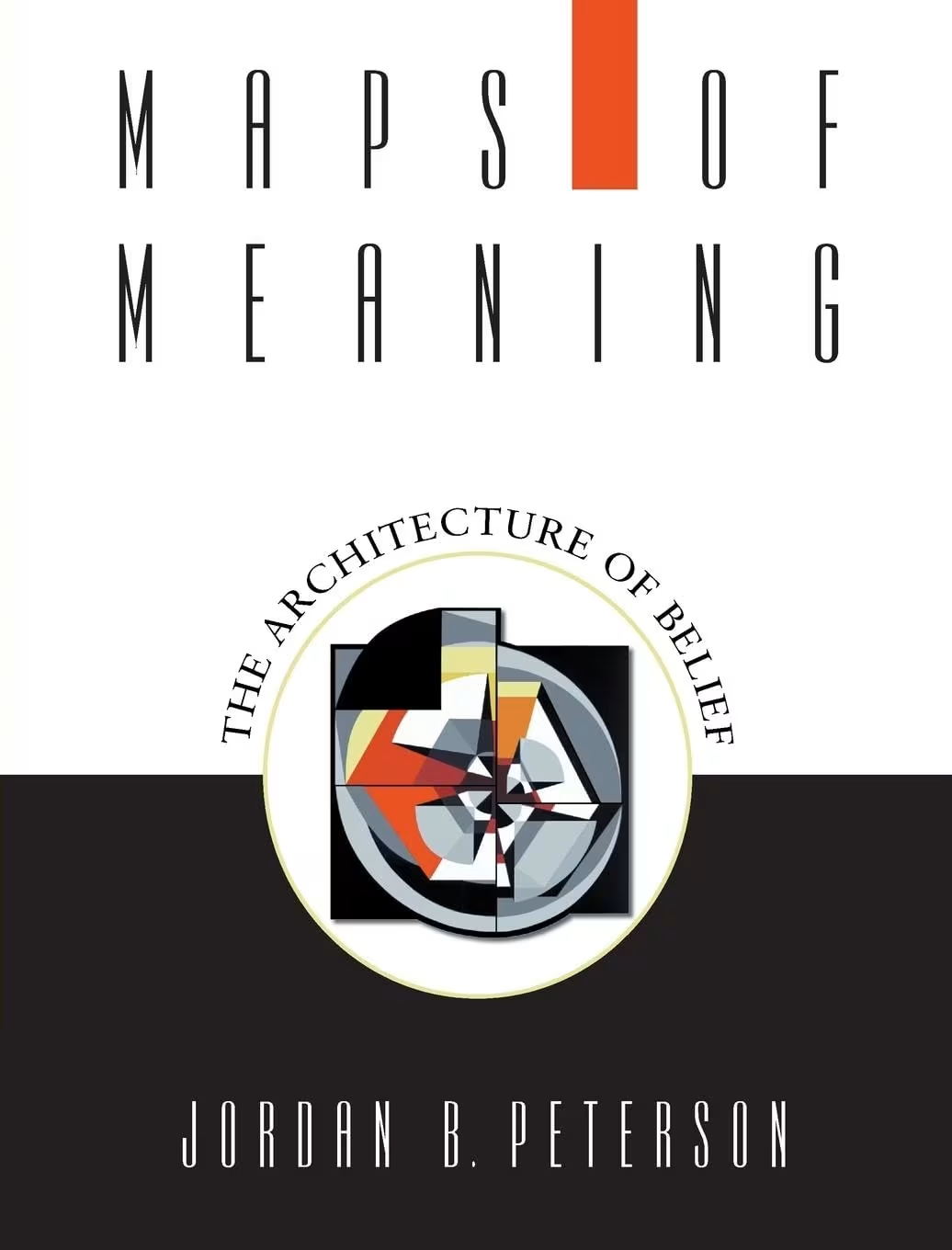
In 'Thinking, Fast and Slow,' Daniel Kahneman, a renowned psychologist and Nobel laureate, delves into the fascinating world of our thought processes. He introduces readers to the two systems that drive the way we think: the fast, instinctive and emotional System 1, and the slow, deliberate and logical System 2. Through engaging anecdotes and thought-provoking experiments, Kahneman explores the biases and heuristics that influence our decisions, leading to both enlightening and unsettling revelations about human cognition. This groundbreaking book not only challenges our understanding of decision-making but also offers valuable insights into how we can navigate the complexities of our minds to make better choices.
About Daniel Kahneman
Daniel Kahneman, born in 1934 in Tel Aviv, Israel, is a renowned psychologist and Nobel laureate in Economics. He is best known for his groundbreaking work in behavioral economics and cognitive psychology, particularly his research on the psychology of judgment and decision-making. Kahneman's collaborative work with Amos Tversky laid the foundation for Prospect Theory, revolutionizing the way we understand how individuals make choices in uncertain situations. His seminal book 'Thinking, Fast and Slow' is a modern classic that explores the two systems of thinking that drive our judgment. Kahneman's work has had a profound impact not only on academia but also on fields such as economics, public policy, and business.
Similar Books

Flow: The Psychology of Optimal Experience
Psychologist Mihaly Csikszentmihalyi explores the concept of “flow”—a state of complete immersion and focus during challenging yet enjoyable activities. Based on decades of research, the book explains how flow enhances creativity, productivity, and overall life satisfaction. It outlines conditions for achieving this state, such as clear goals and immediate feedback, and argues that flow is essential to happiness. Accessible yet scholarly, Flow remains a cornerstone in positive psychology and a practical guide for living a fulfilling life.

Sleights of Mind: What the Neuroscience of Magic Reveals About Our Everyday Deceptions
by Stephen L. Macknik, Susana Martinez-Conde
In 'Sleights of Mind: What the Neuroscience of Magic Reveals About Our Everyday Deceptions,' authored by Stephen L. Macknik, we delve into the fascinating intersection of magic tricks and neuroscience. This illuminating book explores how magicians exploit the brain's cognitive processes to deceive our perceptions, offering insights into how our minds interpret reality. Through engaging stories and experiments, Macknik and his co-authors unravel the mysteries of attention, memory, and perception. Readers will be captivated by the revelations about how easily our senses can be manipulated and how understanding these illusions can shed light on everyday deceptions. 'Sleights of Mind' is a thought-provoking journey that bridges the gap between magic and science.

12 Rules for Life
In 12 Rules for Life, clinical psychologist Jordan B. Peterson presents life principles aimed at navigating chaos with order and purpose. Drawing from psychology, mythology, religion, and personal anecdotes, he discusses topics like personal responsibility, discipline, truth-telling, and meaning. Each chapter focuses on a distinct rule—such as “Stand up straight with your shoulders back” or “Pet a cat when you encounter one on the street.” Provocative and deeply philosophical, the book encourages readers to confront suffering and create order in their lives.

Maps of Meaning: The Architecture of Belief
In 'Maps of Meaning: The Architecture of Belief,' Jordan B. Peterson delves into the exploration of symbolism, religion, and the human psyche. By dissecting myths, psychology, and philosophy, Peterson uncovers the underlying patterns that shape our beliefs and behavior. He delves into the concept of chaos and order, elucidating how individuals navigate the complexities of existence. Through a blend of academic rigor and accessible language, Peterson offers readers insights into the nature of meaning and the power of storytelling in shaping our understanding of the world. This thought-provoking and intricate book challenges readers to contemplate the structure of their beliefs and the profound impact of culture on our lives.